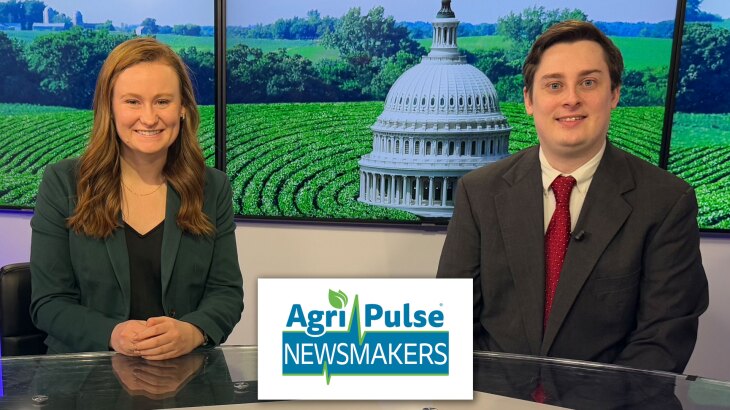On Wednesday, U.S. Secretary of Agriculture Brooke Rollins revealed her 5-point, $1 Billion comprehensive strategy to fight High-Path Avian Flu (HPAI) in the coming months. The plan, first announced in an op-ed published in the Wall Street Journal, calls for a combination of biosecurity measures, vaccine development, and financial relief, as well as the implementation of regulatory and trade strategies in order to combat the disease itself and the resultant high price of eggs.
First, the USDA will invest up to $1 billion to fight against the crisis and, in turn, make eggs more affordable for consumers. The Agency has developed a pilot program, “Wildlife Biosecurity Assessments,” which helps implement safety measures. Approximately 150 sites have undergone assessments, and only one of those sites has been affected by HPAI. The agency will provide free consulting costs to all commercial egg-laying chicken farms.
Secondly, the USDA will make up to $400 million of financial relief to farmers whose flocks have been affected by HPAI.
Thirdly, the Agency is exploring the use of vaccines for laying chickens, and they will provide up to $100 million in research. There has not been an authorized vaccine yet, but the Agency will talk with state leaders, poultry and dairy farmers, and public health professionals.
Fourth, the USDA will take action to lower the costs of eggs by removing unnecessary regulatory burdens on egg producers. This will include looking at the best way to protect farmers from heavily regulated state laws (California’s Prop 12, for example).
Lastly, the Agency will consider temporary import options to reduce egg prices in the short term. They will proceed with imports only if the eggs meet U.S. safety standards.













